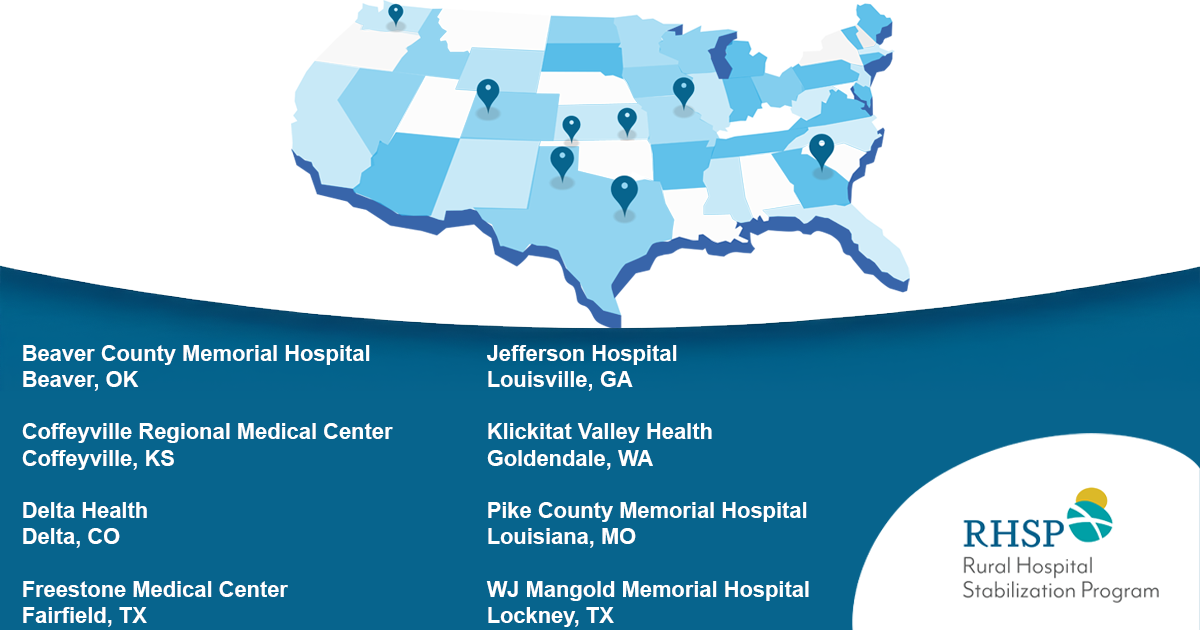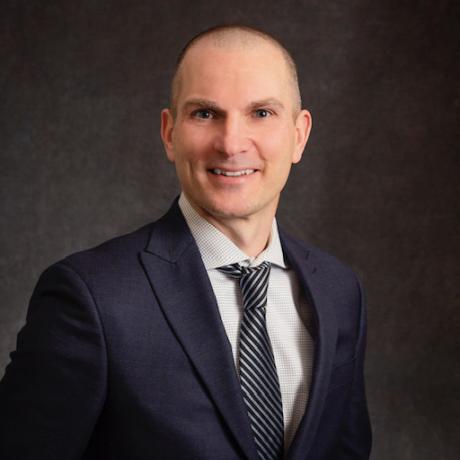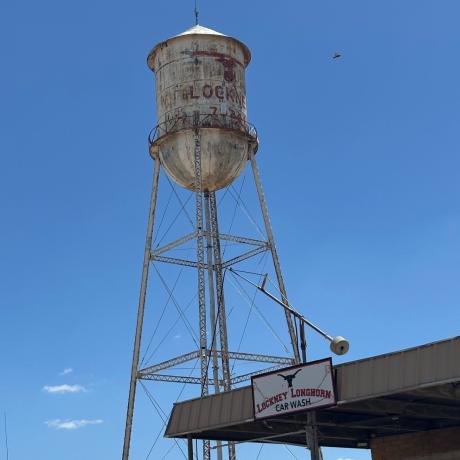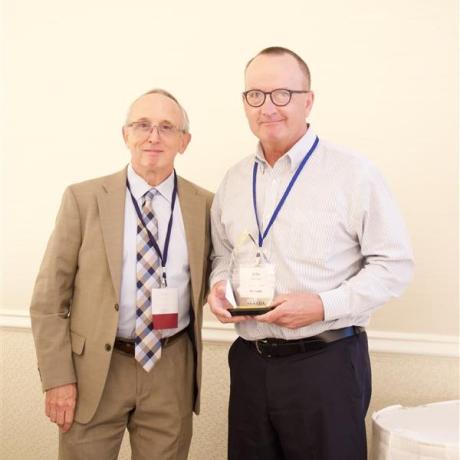Related Articles
Great relationships mean impactful technical assistance.
The future of rural health depends on local voices, bold ideas, and shared commitment.
The National Rural Health Resource Center, in partnership with Stroudwater Capital Partners, has released a new policy paper -- "Accessing Funding for Capital Projects in Rural Healthcare" -- that surveys the major capital funding programs available to rural health organizations and analyzes the persistent challenges that prevent providers from converting available funding into usable capital.
John Packham, the associate dean of the Office of Statewide Initiatives and associate professor in the Department of Internal Medicine at the University of Nevada, Reno School of Medicine, has been awarded the 2025 Calico Quality Leadership Award at the annual Flex Program Reverse Site Visit held in Washington, D.C. on July 15-17.
The National Rural Health Resource Center (The Center) has named Thomas Schumacher, a health care executive with extensive experience building sustainable hospital programs that prioritize patient outcomes, community well-being and workforce engagement, as the director of the Rural Hospital Stabilization Program, a new federal initiative designed to help rural hospitals improve their financial stability by enhancing or expanding health care services.






